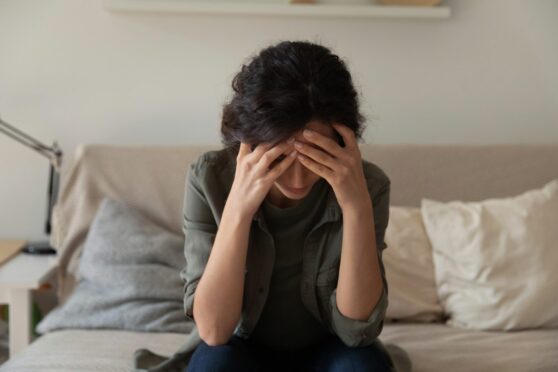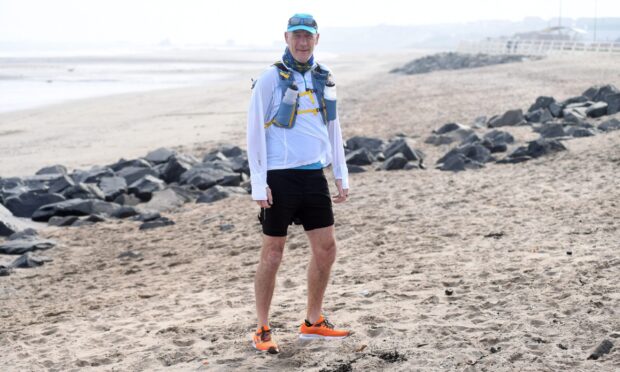Throughout Fife and all of Scotland, there are some adults who are more at risk from harm due to illness, trauma and physical or mental health conditions.
-
Some Courier online content is funded by outside parties. The revenue from this helps to sustain our independent news gathering. You will always know if you are reading paid-for material as it will be clearly labelled as “Partnership” on the site and on social media channels,
This can take two different forms.
“Presented by”
This means the content has been paid for and produced by the named advertiser.
“In partnership with”
This means the content has been paid for and approved by the named advertiser but written and edited by our own commercial content team.
Adult Support and Protection Day – February 20, 2024
Fife’s Adult Protection committee is spreading awareness about risks and harm on Tuesday February 20, 2024 which is Adult Support and Protection Day. The Committee is urging the people of Fife and beyond to look out for signs of harm and to report any concerns.
Working with Fife Health and Social Care Partnership, Fife Council and local professionals, the Adult Protection Committee ensures that those at risk can receive the help and support they need to live safely.
Ronan Burke, Adult Support and Protection coordinator for Fife Council said: “It can be difficult to know what to do when you’re worried about someone, and you might feel that you don’t want to intervene. However, reporting your concerns could really help to keep someone safe and protect them from harm.
The current cost of living crisis is making it even more difficult for those who are looking after others, or who are struggling to take care of themselves, so it’s more important than ever to keep your eyes open for signs of harm.” – Ronan Burke, Adult Support and Protection
With your help, we can look out for and work to protect members of our community in Fife.
What are the signs of harm I should look out for?
Throughout Scotland, there are some adults who are more at risk from all kinds of harm due to illness, physical or mental health conditions.
Harm can be physical, psychological, financial or sexual. Harm can also mean neglect or self-neglect and now more than ever, scams and extortion attempts.
The theme of this year’s ASP day focuses on sextortion.
How to identify and protect yourself against sextortion and sex scams
Sexual activity requires permission between all parties and this is known as ‘consent’. However, in order to give consent, individuals must fully understand what they are consenting to.
They also need to understand that they have the right to refuse to do anything they don’t feel comfortable with – at any time – even if they have previously given permission. Informed consent is an ongoing process of clarification and can be withdrawn at any time.
It is a serious crime to coerce, threaten or force someone to engage in any type of sexual activity.
Sextortion is where a position of power is abused to extract sex (i.e. a teacher soliciting sex from a student in exchange for a favourable grade; a care worker withholds medications in exchange for sex; a policeman threatens liberty to coerce sex, etc.).
And now, harm can come in new forms with scammers taking their schemes online.
Sextortion Scams directly refer to a form of online exploitation or blackmail in which an individual is coerced or threatened with the release of sexually explicit images or information unless they comply with the blackmailer’s demands.
If you find yourself being blackmailed with sensitive information, images or video, remember that you are the victim of a sophisticated criminal.
Seen something? Say something
It’s up to everyone to look out for one another and protect themselves against harm.
Ronan added: “Adult Protection is everyone’s business, and everyone has a role to play in keeping those in their communities safe. I would encourage anyone who has seen something that worries them to please say something.”
If you suspect someone is at risk, it’s crucial to speak up. To report concerns, call the Adult Support and Protection line at 01383 60 22 00, or dial 999 in emergencies.
Learn more about Adult Support and Protection, and how you can protect yourself and your loved ones today.










